iASK at the Bonn AI & Climate Expert Meeting
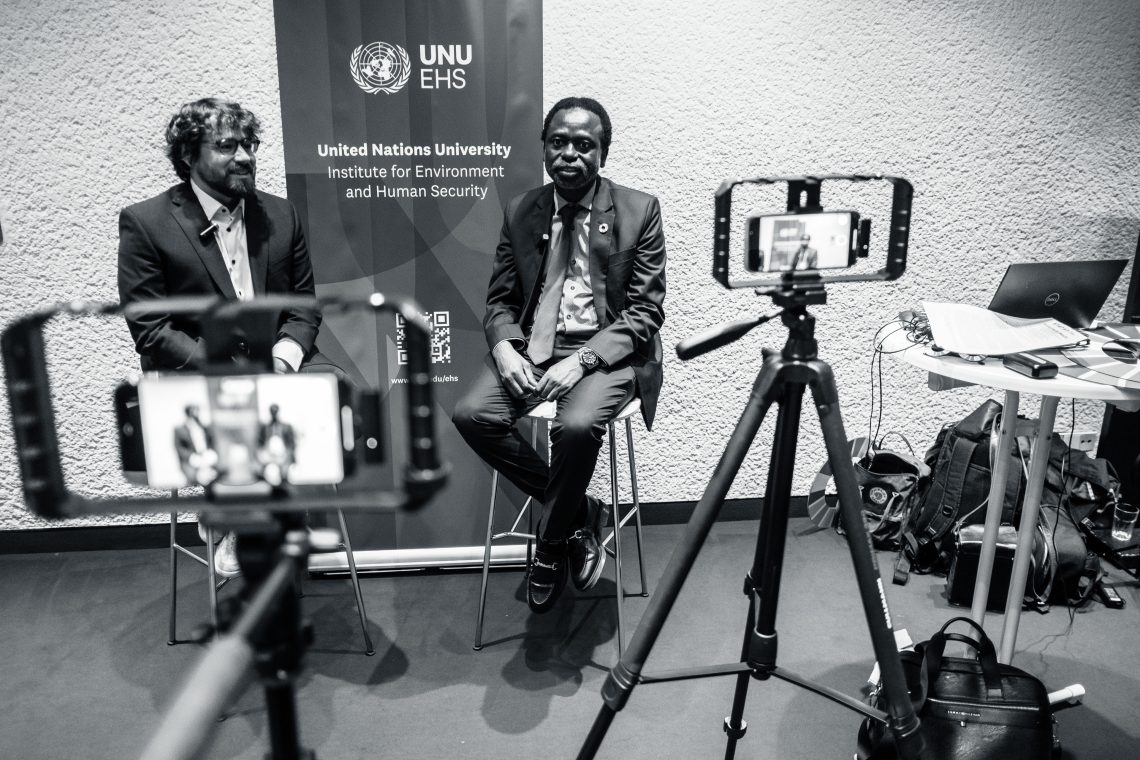
iASK participated at the Bonn AI & Climate Expert Meeting organised by the UNU-EHS.
Mapping the emergence of the circular economy within the governance paths of shrinking cities and regions: a comparative study of Parkstad Limburg (NL) and Satakunta (FI)
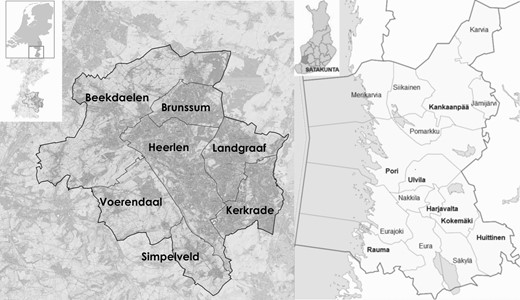
Marjan Marjanović, an Associate Fellow at the Institute of Advanced Studies Kőszeg, examines the interplay between governance priorities and the circular economy (CE) agenda in Parkstad Limburg (Netherlands) and Satakunta (Finland).
Rima Rammah: From War-Torn Syria to Germany
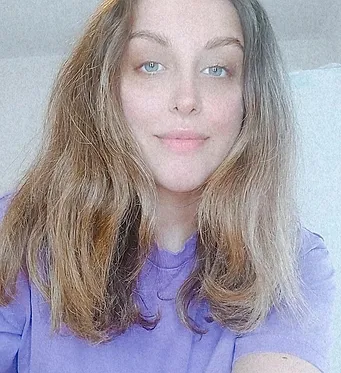
Rima Rammah, a Syrian student who recently completed her MA in International Studies at the University of Pannonia’s Kőszeg Campus, shares her compelling journey in her post on “Europe Must Act” platform.
EU Integration Processes in the Western Balkans and Facilitation Possibilities of Central and Eastern European States
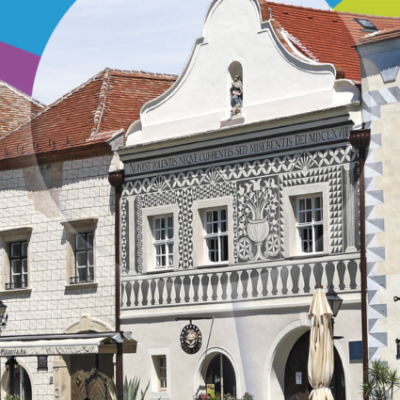
Institute for Advanced Studies Koszeg is implementing a research project “EU integration processes in the Western Balkans and facilitation possibilities of Central and Eastern European States” . The goal of this research is to conduct a comparative and holistic study and review of the dynamics of the EU integration processes and the ensuing political, economic, social and cultural implications for the Western Balkans, as well as how is the European perspective in the countries of the Western Balkans shaped, promoted, or challenged.
Intersections: Thinking Together on How Heritage Can Serve Sustainability and Regional Development
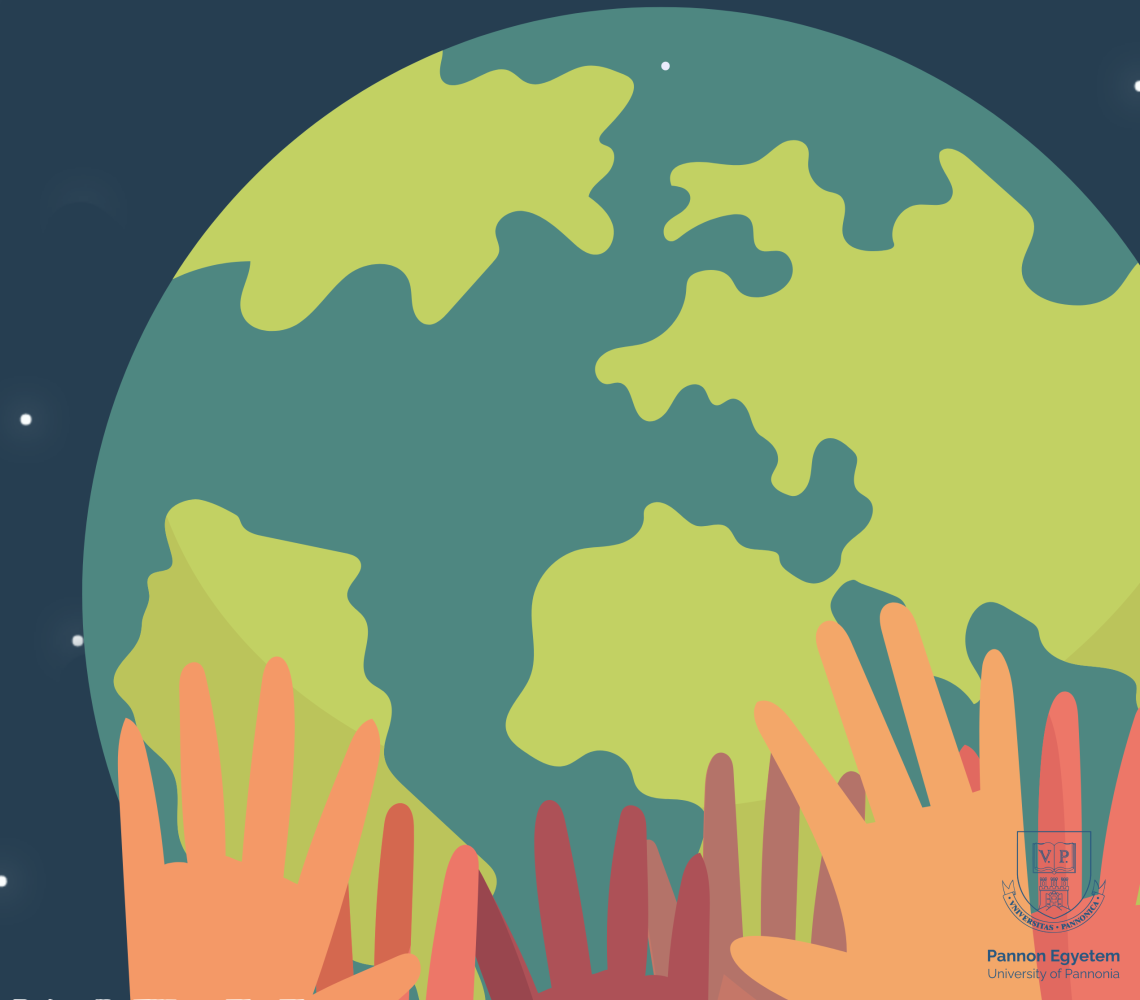
Intersections conference is an international exchange with experts from the “Global South” – organised by the UNESCO Chair on Cultural Heritage Management and Sustainability at the Institute of Advanced Studies, Kőszeg, Institute for Social and European Studies Foundation and the University of Pannonia.
Interview with Daniel Brooks: “The Collapse Is Coming. Will Humanity Adapt?”
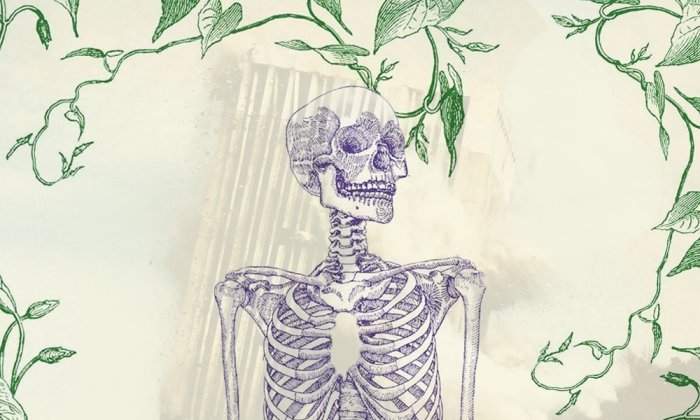
Interview with Daniel Brooks published at MIT Press: “The Collapse Is Coming. Will Humanity Adapt?”
29th International Summer University
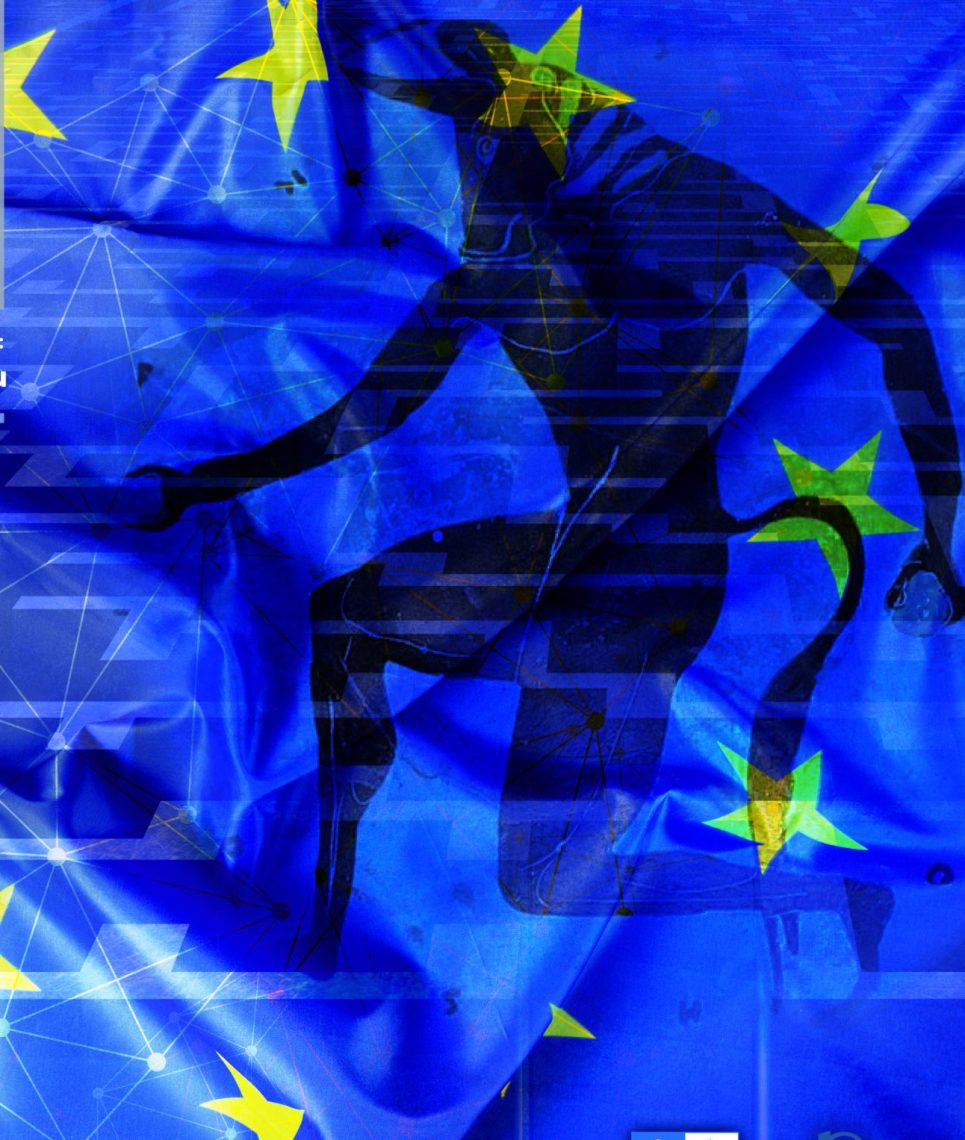
This year’s theme focuses on the possible scenarios for Europe amidst geopolitical challenges. The key issues will include the possible scenarios for Europe, especially with regards to the ongoing armed conflicts, prospects of EU enlargement, outcomes of global elections, new societal transformations, and the deep currents of memory and history that shape our collective identity.
A Journey through Cultural Heritage and Transformation – a Welcome Speech by Gábor Soós, Secretary-General of the Hungarian National Commission for UNESCO
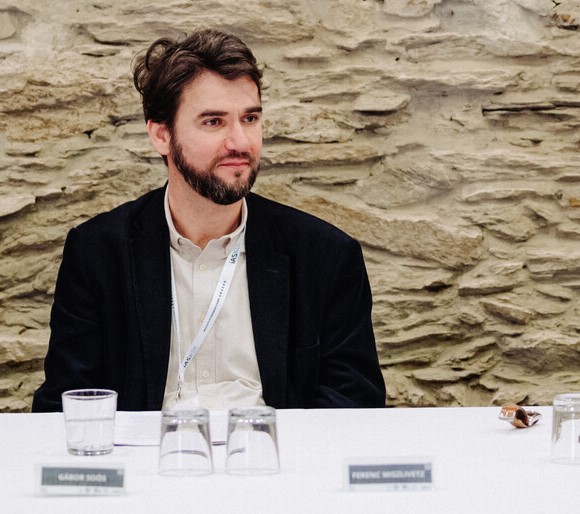
Gábor Soós, Secretary-General of the Hungarian National Commission for UNESCO, inaugurated the 29th UNESCO MOST Winter School with an engaging speech. He outlined the event’s focus on exploring the dynamic interplay between cultural heritage and sustainable development. Emphasizing the significant role of cultural spaces in fostering social transformations, Soos’s address set the stage for a series of discussions aimed at deepening the understanding of culture as a cornerstone of sustainable progress and peace.
iASK Won Two Prestigious FIABCI Awards
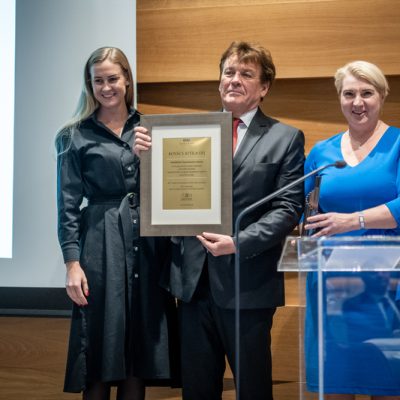
iASK won two prestigious FIABCI awards for the reconstruction of the historic buildings in the city centre of Kőszeg.
Education in the Age of AI
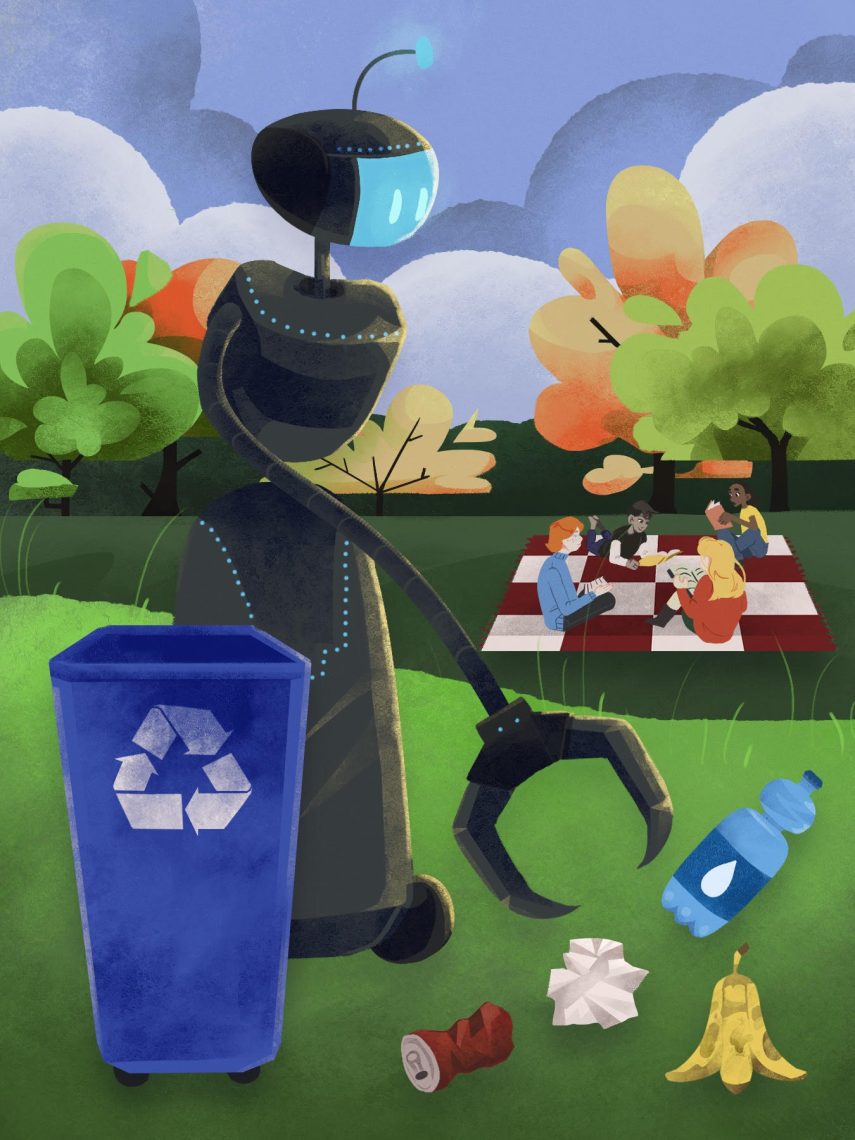
iASK Research Fellow Ivana Stepanovic has published a paper “in the Prospects Journal published by Springer.
6th UNESCO MOST Winter School
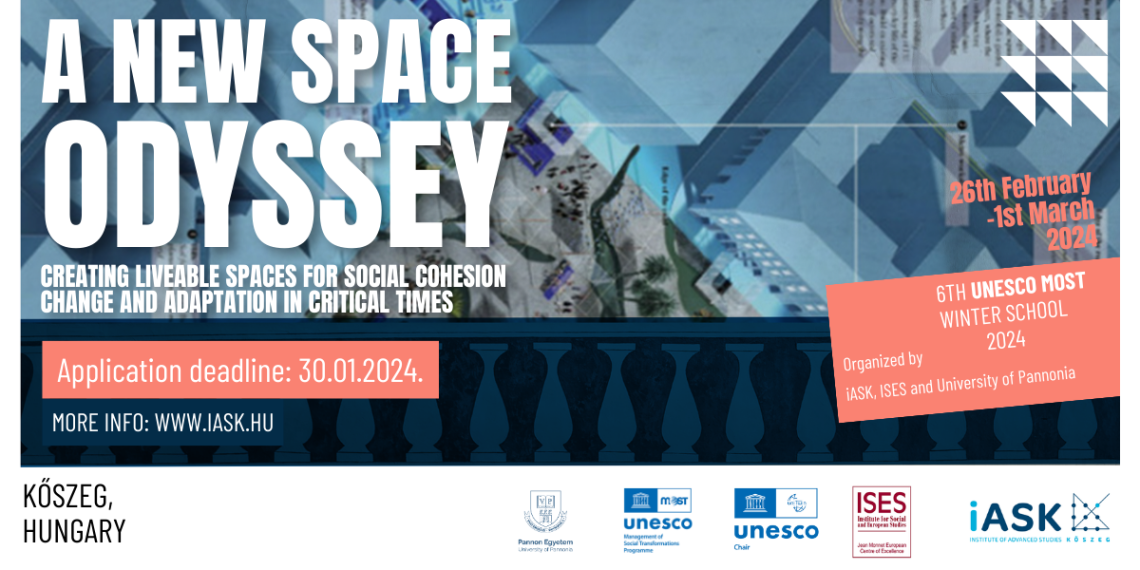
Event Program More information Application A New Space Odyssey – UNESCO MOST Winter School by iASK 6th UNESCO MOST Winter School A New Space Odyssey: Creating Livable Spaces for Social cohesion, Change and Adaptation in Critical Times 26th February – 1st March 2024 Zwinger (Old Tower) Chernel u. 16. Kőszeg, Hungary Organized by iASK in cooperation with […]
